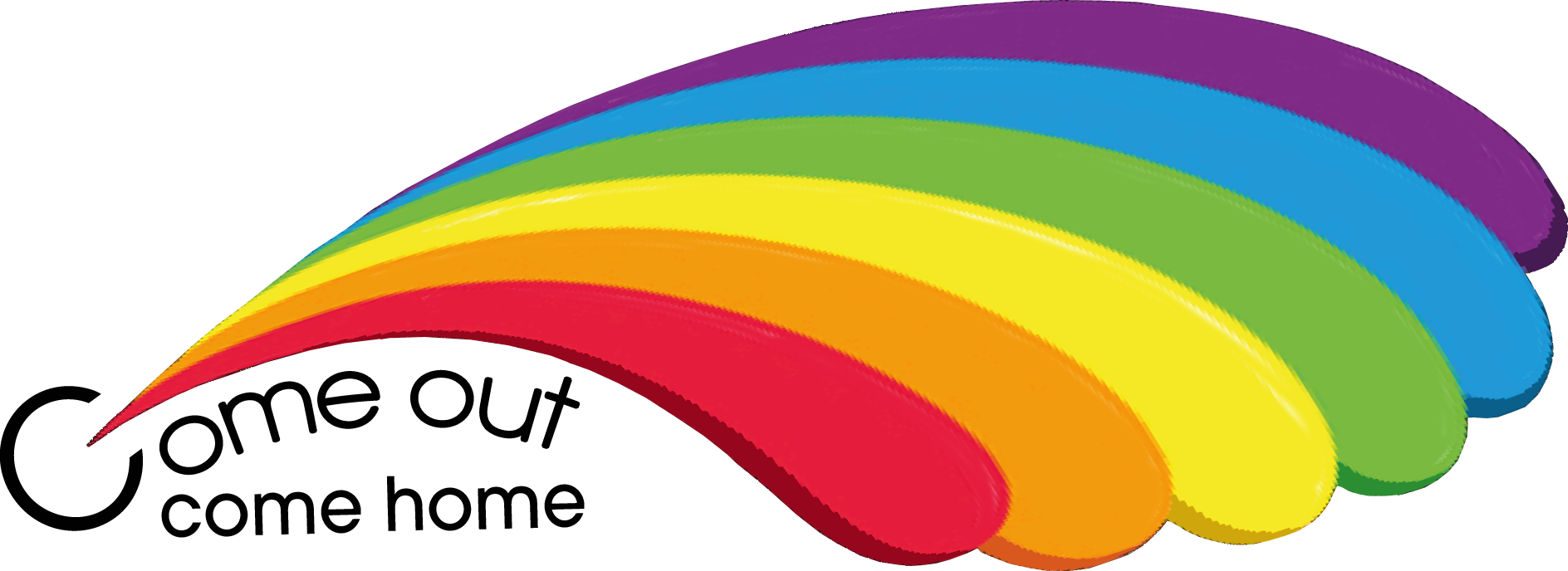The first person I came out to was my teacher. I was thirteen, and in Sec One.
I read a poem to my teacher, it was “The Twistable Turnable Man” by Shel Silverstein. It was part of an oral assessment, and we had to choose a piece for recitation. It was a small room, with a table, some chairs where you could do group discussions. It was in the library, not a classroom. I couldn’t keep my attention because my teacher was wearing shorts; I noticed this under the table. Most critically, he was also very, very cute. After the recitation was over he asked me why I had chosen this poem; it was easy to recite, it was accessible. He said, what else?
“Do-what-you’re-toldable
Easily moldable
Buy-what you’re-soldable
Washable Mendable
Highly Dependable
Buyable Saleable
Always available
Bounceable Shakeable
Almost unbreakable
Twistable Turnable Man.”
Later, when I thought about it, I could see what Silverstein was going on about. We often change and adapt to pressures around us.
I went home after the recitation and wrote an email to my teacher, I told him that I couldn’t concentrate because he was wearing shorts. He responded very quickly. It turned out rather well; he reached out and spoke to me – a young man who had just confessed that I had a huge crush on him. He didn’t run off and report me to the school counselor. He didn’t make me feel ashamed, or awkward. It was a mature, emotional and thoughtful conversation. In Upper Secondary School, my work always took on a queer edge. I explored “The Glass Cathedral”, queer readings of “The Merchant of Venice”. I wrote my Commonwealth Essay Writing Competition essay on sub-cultures in Singapore – about gay men cruising in Singapore. It’s a dense city, and we are so incredibly connected, but still, cruising occurs. The essay came back, marked for its language. I wrote a reflection on a camp experience I had, and another teacher I had a crush on; I quoted Nabokov’s “Lolita”, “…fire of my loins…”. My female, heterosexual teacher commented, “I’m not sure the establishment would approve, but it is a very well-written essay.” I guess I was trying to push the boundaries.
Not all these teachers were gay. They were my personal and academic mentors. Thinking back, what possessed me to tell Teacher-In-Shorts? I was thirteen, in a conservative boys’ school. And here I was thinking, the earlier I get this done, the rest of secondary school would be easier for me… rather than be silent and suffer and later realise I would have been OK all along. Years later, I am still friends with many of these teachers.
Coming out to my parents was a bit of drama, really, and it didn’t go down easily. I had to run away for 2-3 days. But I still went to school, because I had this support network of friends and teachers, I went to school in my home clothes and I didn’t have to hide anything. I told him, my parents found out I am gay. There was no fuss, and no panic. My teacher brought me home and had a discussion with my parents, he said that I couldn’t live away from home. The only way for our family to stay together was for them to come to terms with it. The first few years were really hard. It was cold. But now it’s OK. I believe most parents want to see their children happy; I thought to myself then, now that my parents knew, there was no one else left I feared, who I feared knowing. I remember that day. It was not my choice, I was not 18, I was not 21. It was not an important day, a day of no significance and I could have lied; parents can choose to deceive themselves and gobble everything up, but I chose not lie. I told myself, the earlier they know, the more time we have to learn to accept each other. I don’t want to think about lying to them until they are gone.
But I have not always been out. During National Service I felt personally compelled to hide that I was gay, and there were times I wished I could have been braver in speaking up for people around me who were discriminated for being openly gay. But I discovered over time that the majority of people were objective and will evaluate you based on how well you did your job and not the details of your private life, and that made it easier to come out gradually to my men. But it was terrible that I felt pressure not to come out. The reality is, the policies can change, they may not discriminate, but there are always people who will. But if I had to summarise, I’m glad I came out the way I did to all these people – again, the earlier I got this done, the earlier I could get on with living. These days I have gone for recruitment events specifically targeted at LGBTQ graduates. There is change – I recently changed my Facebook info to reflect “Interested In Men”. On the way here in the train I thought to myself, “I am coming out, coming out again, coming out once and for all.” Coming out is a matter of degrees.


 www.sayoni.com
www.sayoni.com





[…] Tai Boon writes on COuCH that […]